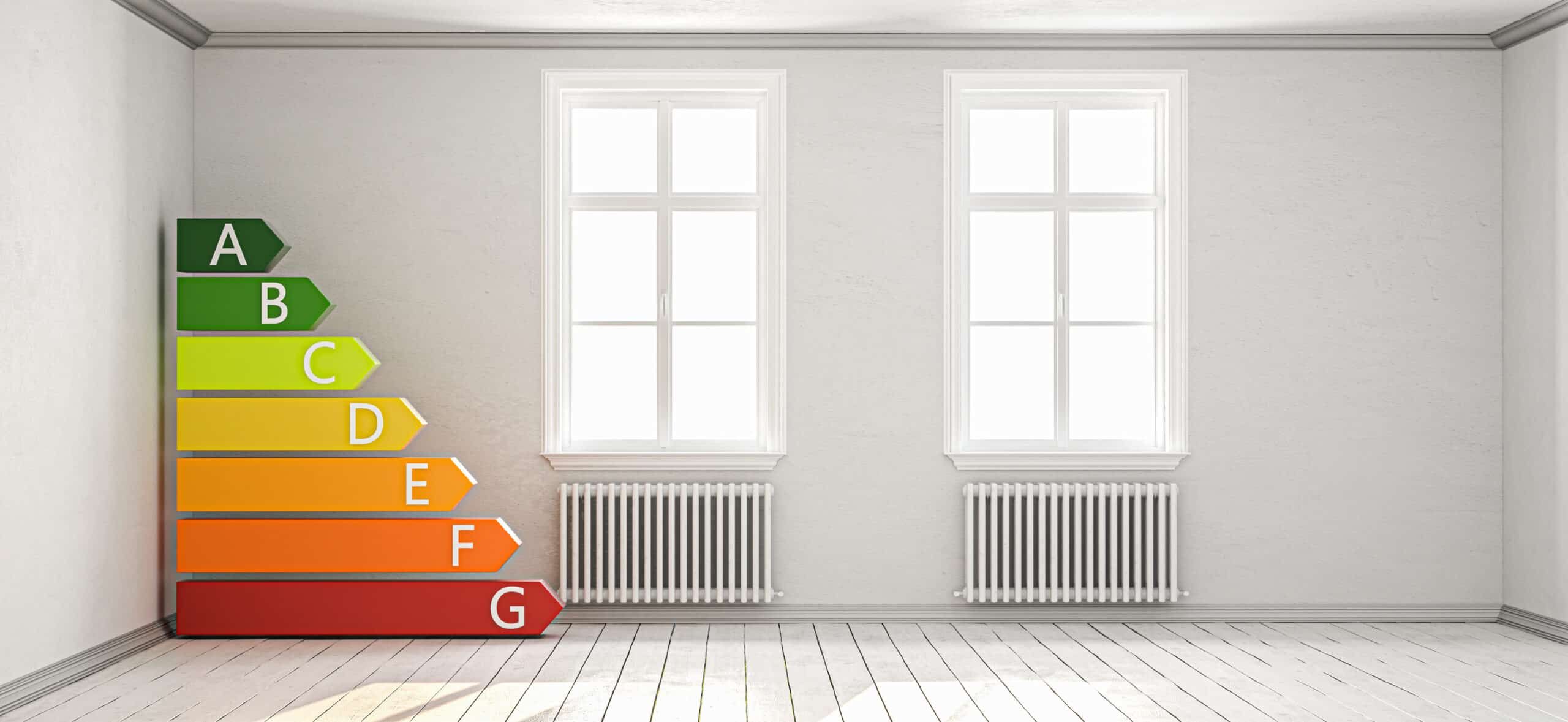
Why are U-values important?
In simple terms, a U-value represents the rate of heat transfer through a specific material or section of construction. It quantifies how much heat passes through one square metre of a structure for every degree of temperature difference between the indoor and outdoor environments. The U-value is measured in watts per square metre-kelvin (W/m²K).
Understanding and measuring U-values is of huge importance as we aim to improve the sustainability and performance of our homes. Rising energy bills and impending changes to building regulations with the Future Homes Standard (2025) mean an awareness of thermal efficiency will be important in the context of home renovation projects, big or small.
Why lower is better
In the context of U-values, lower values are unequivocally better. A lower U-value implies that a material or section of construction exhibits higher thermal resistance, thereby inhibiting the flow of heat. This translates to improved insulation and reduced energy consumption for heating or cooling purposes. Consequently, homes with lower U-values tend to be more energy-efficient and more environmentally friendly, as they require less energy to maintain comfortable indoor temperatures.
U-values and building regulations
U-values play a pivotal role in building regulations and standards. These regulations often stipulate maximum allowable U-values for various building elements, such as walls, roofs, windows, and doors. If you’re building a new home you will need to take into account the U-value of all these elements to achieve a certain SAP score. SAP stands for ‘Standard Assessment Procedure’ and is the government’s method of calculating the energy performance of homes. If you’re working with an existing building you need to ensure you’re achieving a target U-value for whichever element you’re improving.
By understanding the significance of U-values, you can make informed decisions about energy efficiency in your home, minimise heat loss, and ensure your renovation project is compliant with building regulations.